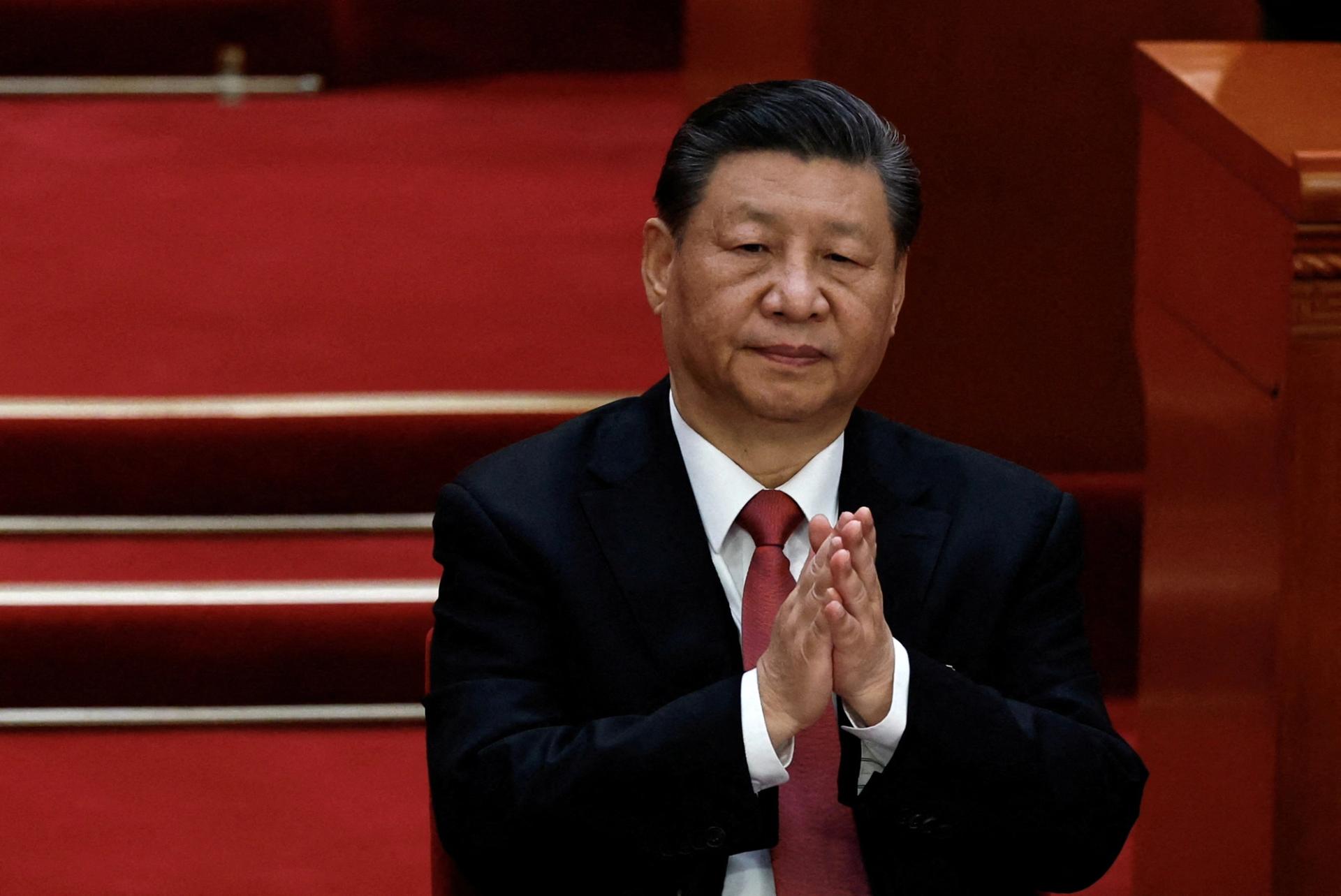The News
Under the shadow of a soaring youth unemployment crisis and low business confidence, China began its third plenary session — a meeting that sets the economic agenda for the country every five or so years. The meeting, which runs until July 18 behind closed doors, could bring some relieving news for the private sector, such as the lifting of certain limits on foreign shareholding and measures to deal with real estate oversupply.
Forecasters have cautioned there will likely be no dramatic changes to the status quo. The country’s premier Li Qiang compared China’s economy to a patient recovering from a serious illness at a recent World Economic Forum, and said “according to Chinese medical theory, at this time, we cannot use strong medicine.” This comment has since been censored in the news in China, however, and President Xi Jinping has signaled he would dial back red tape to encourage “new quality productive forces.”
The plenum will also likely announce key personnel changes, after multiple high profile firings and investigations. This includes foreign minister Qin Gang for personal indiscretion, and several military commanders for alleged corruption. The South China Morning Post’s China editor, Jun Mai, commented that extreme changes are unlikely here, too, because China today does not have “the same amount of political competition within the Party as previous decades.”
